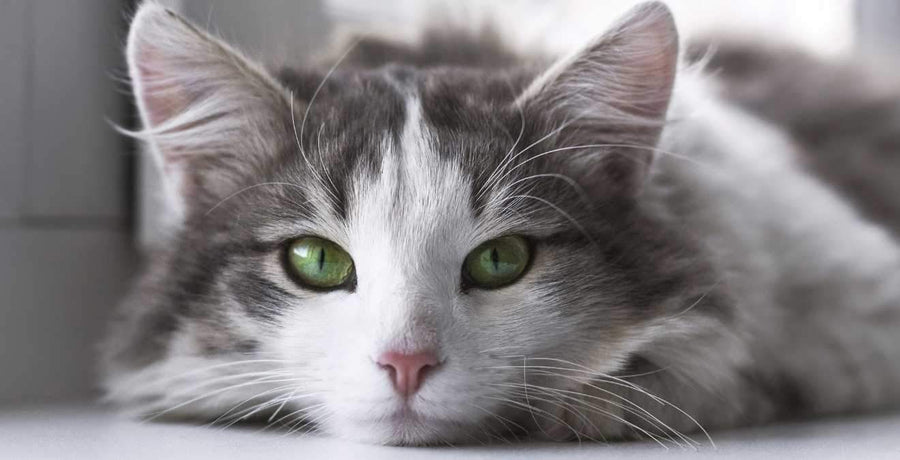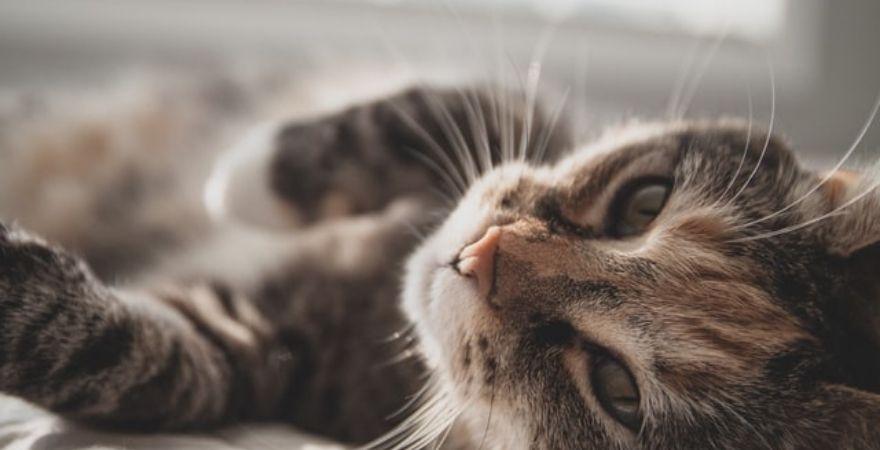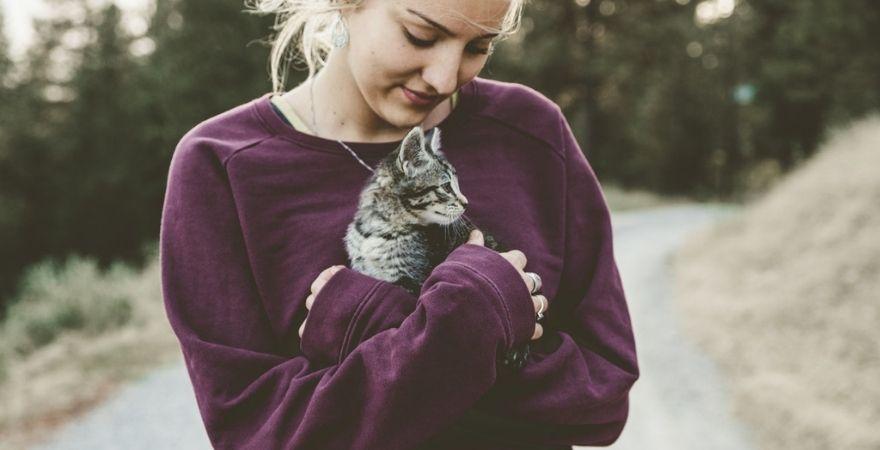Cats are unusual. They’re remarkably robust in some ways, but if something isn’t quite right about their diet or nutrients, a cat’s condition can quickly suffer as a result. When it comes to cats, a proper, well-balanced diet (augmented where necessary with supplements) is essential.
While all cat owners are hopefully at least broadly aware of the importance of keeping their furry friend on a healthy diet, you may not be entirely up to speed on the crucial role vitamins and minerals play in feline health.
In this article, we’re going to take a close look at vitamin B12. We’ll explain what B12 is, why it’s so important, and how B12 deficiency can occur. In the second article in this two-part series, we’ll hone in on how to treat and manage vitamin B12 deficiency. Hopefully, by the time you’re done reading these, you’ll have all the knowledge you need to keep your twirly-tailed tiger’s B12 levels on the straight and narrow.
What is Vitamin B12?
Vitamin B12 (also known as Cobalamin) is one of the vitamins crucial for a healthy life — not just for your cat, but for you too. An unusually complex chemical, vitamin B12 is a nutrient that plays a role in the correct function of your cat’s immune, digestive, and nervous systems.
Crucially, neither we humans nor our otherwise highly self-sufficient cat colleagues can produce vitamin B12 on our own. The nutrient must be obtained externally, either through a healthy diet or via feline vitamin supplements.
Why Is This Vitamin So Important?
Good question! I mean, we know the correct amount of vitamins is “good” for your cat, but why is B12 in particular so critical? There are two fundamental factors to consider here.
- First, vitamin B12 is water-soluble. The Feline Nutrition Foundation offers a good explanation in this article, but put simply, this vitamin is flushed out of the body in urine. Any kind of gastrointestinal or urinary condition that causes excessive fluid loss will, therefore, immediately affect your cat’s B12 levels. Boiled down to brass tacks, B12 is important because it can quickly become deficient.
- Vitamin B12 is also vital for healthy body function. B12 deficiency will cause a wide range of health issues, from digestive issues such as nausea, vomiting, and appetite loss, through to neurological problems, including lack of mobility and limb weakness.
How Does Vitamin B12 Deficiency Happen?
Well, here it gets a little bit tricky. It probably goes without saying that the best person to advise on whether and why your cat has B12 deficiency is your friendly neighborhood vet. Here’s what we do know:
- Deficiency in B12 frequently occurs in cats suffering from gastrointestinal disease. A lot needs to happen in a cat’s body to properly absorb this vitamin, and any dysfunction within the stomach, small intestine, bowels, or liver can disrupt the absorption process.
- Older cats with diabetes or hyperthyroidism are also highly susceptible to B12 deficiency.
- Certain genetic disorders can inhibit B12 uptake. Relatively little is known of these conditions, though some cat breeds are more susceptible than others.
Here’s the Good News!
Ultimately, the field of veterinary science is still learning about what causes B12 deficiency among our finicky, furry comrades. Luckily, deficiency in this vital nutrient can be readily diagnosed by your vet, and this is the first step toward proper treatment and successful management.
And guess what? We’ll learn more about B12 deficiency treatment and management in part two of this series. See you there!
How can I supplement my cat with B12?
Good question and never fear - we've got your back. We want you to say hello to the Scruffy Paws Daily Multi Health Bites
Containing over 20 vitamins and minerals that your kittys body NEEDS but doesn't often get in her diet. Veterinarian formulated, kitty taste tested and made in the USA.
Each chew contains the vitamins that will supercharge your kitties health and make sure your fur kiddo has all the B12 they need! (Amongst other things)

==> Click here to check them out and learn exactly how they can help your kitty
Heres what other cat parents have said:
Didn't know what to expect, but good news so far!
Didn't know what to expect, but good news so far! Decided to buy a pack as I my cats were getting on in age. I gave each of my cats one a day. They havent had any issues with eating them, they quite enjoy them. And they both seem more active and healthier overall. Their coats were silkier and they were more playful. So far so good!
Gina R
Nice, quite crumbly though
A really easy way to get your kitty into eating more vitamins. Tried on our 3 cats. The first 2 gobbled them up like snacks. The 3rd kitty is the eldest and has had some significant health issues turned these away. However the chews crumble easily and a good amount were broken up in the package they're easy to add to kitty's food. After 2 weeks we noticed shinier healthier coat, more energy, bright clear eyes and just overall better, happier kitty. Good idea, good product although some might not like treats being broken up in package
Jennifer F`
==> Click here to read what other people have said about the Daily Multi Health Bites
Sources
- [Taking the Complexity Out of B Vitamins for Cats](https://feline-nutrition.org/answers/answers-taking-the-complexity-out-of-b-vitamins)
- [Cobalamin for Cats with Digestive Issues | Cobalamin Supplements for GI Problems in Cats | petMD](https://www.petmd.com/blogs/nutritionnuggets/cat/dr-coates/2016/march/cobalamin-supplements-when-do-cats-need-them-33728)
- [How to Boost Vitamin B12 Intake for Cats - Pets](https://pets.thenest.com/boost-vitamin-b12-intake-cats-8120.html)



